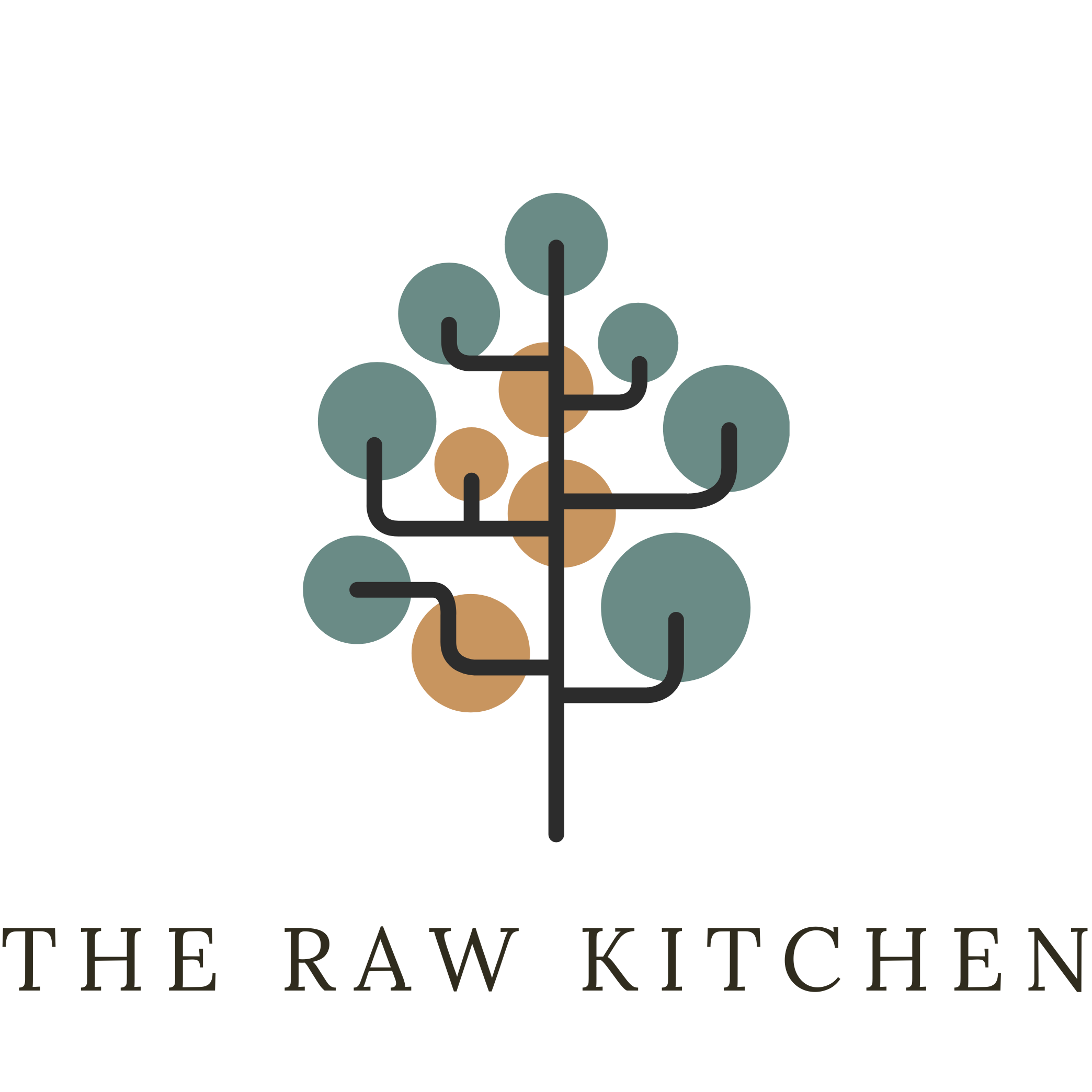
Easy tips to reduce anxiety
Anxiety can be overwhelming, impacting your ability to function and enjoy life. It is also far more common than most of us like to admit and something we stray away from talking about, even more so depending on the culture we are from. While conventional treatments like medication and therapy are effective, holistic practices offer natural ways to manage anxiety.
Mindfulness
Mindfulness involves focusing on the present moment without judgment. It's an opportunity to remove ourselves from the stressors of day-to-day life. This practice can help reduce anxiety by promoting relaxation and improving your ability to cope with stress. Start with a few minutes each day, gradually increasing the duration as you become more comfortable. Apps like Headspace and Calm can guide you through mindfulness sessions.
Deep breathing exercises can also help calm the nervous system and reduce anxiety. Techniques such as diaphragmatic breathing and the 4-7-8 method (inhale for 4 seconds, hold for 7 seconds, and exhale for 8 seconds) can be particularly effective. Practice these exercises daily or whenever you feel anxious.
Physical Activity
Incorporating regular stretching into your daily routine can improve flexibility, reduce muscle tension, and increase circulation, all of which can help alleviate anxiety. Simple stretching exercises can be done at home, requiring minimal space and no special equipment.
Islamic Practices
Salah is a powerful way to connect with Allah and find peace. The structured nature of Salah, along with the physical movements and recitations, can help reduce anxiety and promote a sense of calm. Regular prayer encourages mindfulness and provides a break from daily stressors.
Reciting the Qur'an is another great opportunity to bring comfort and tranquillity. Certain verses and chapters are particularly known for their calming effects. For example, Surah Al-Fatiha (Chapter 1), Surah Al-Baqarah (Chapter 2), and Ayat-ul-Kursi (Verse 2:255) are often recited for protection and peace of mind. Listening to or reciting these verses can help alleviate anxiety.
Engaging in Dhikr, or the remembrance of Allah, can also help calm the mind and reduce anxiety. Phrases such as "SubhanAllah" (Glory be to Allah), "Alhamdulillah" (All praise is due to Allah), and "Allahu Akbar" (Allah is the Greatest) can be repeated throughout the day to maintain a connection with Allah and foster a sense of peace. I personally made it a goal to try and do this myself and found amazing benefits in a short space of time. I felt my head was cleared, and I felt more focused throughout the day. Fewer thoughts in my mind helped provide more clarity and reduce the stress of daily life.
Herbal Remedies
-
Ashwagandha
Ashwagandha is an adaptogenic herb known for its ability to reduce stress and anxiety. It helps regulate cortisol levels and promotes a sense of calm. You can take ashwagandha in supplement form, as a tea, or in powder form added to smoothies or other foods. -
Chamomile
Chamomile is a well-known herb for its calming effects. Drinking chamomile tea before bed can help reduce anxiety and promote better sleep. Chamomile supplements are also available if you prefer not to drink tea. -
Lavender
Lavender has soothing properties that can help reduce anxiety and improve mood. Use lavender essential oil in a diffuser, add a few drops to your bath, or apply it topically (diluted with a carrier oil) to experience its calming effects.
Nutrition
A balanced diet can significantly impact your mood and anxiety levels. Include foods rich in omega-3 fatty acids (such as salmon, flaxseeds, and walnuts), complex carbohydrates (like whole grains and vegetables), and magnesium (found in leafy greens, nuts, and seeds). Avoid excessive caffeine and sugar, which can exacerbate anxiety symptoms.
Dehydration can lead to increased stress and anxiety. Make sure you drink enough water throughout the day to stay properly hydrated. Herbal teas and water-rich fruits and vegetables can also contribute to your hydration needs.
Lifestyle Practices
-
Adequate Sleep
Quality sleep is crucial for managing anxiety. Aim for 7-9 hours of uninterrupted sleep each night. Establish a calming bedtime routine, avoid screens before bed, and create a sleep-conducive environment by keeping your bedroom cool, dark, and quiet. -
Limit Stimulants
Stimulants like caffeine and nicotine can increase anxiety levels. Try to limit your intake of these substances, especially in the afternoon and evening. Opt for herbal teas or decaffeinated beverages instead. -
Journaling
Journaling can be an effective way to process and manage anxiety. Write down your thoughts, feelings, and worries to gain perspective and identify patterns. Journaling can help you release pent-up emotions and develop coping strategies. -
Connect with Loved Ones
Spending time with friends and family can provide emotional support and reduce feelings of anxiety. Share your concerns with trusted individuals who can offer comfort and understanding.
Seek Professional Help
If anxiety becomes overwhelming, seeking professional help is crucial. Therapists and counsellors can provide guidance and support tailored to your needs. Techniques like cognitive-behavioural therapy (CBT) can be particularly effective for managing anxiety.
Anxiety leads to stress, and stress can lead to a weakened immune system and potentially chronic illness over time. It is therefore important to acknowledge your anxiety and look for ways that are easy for you to help manage it. We all will face stress and anxiety at some point in our busy lives, so even incorporating small ways to manage it can lead to big improvements in your health.



Leave a comment
This site is protected by hCaptcha and the hCaptcha Privacy Policy and Terms of Service apply.